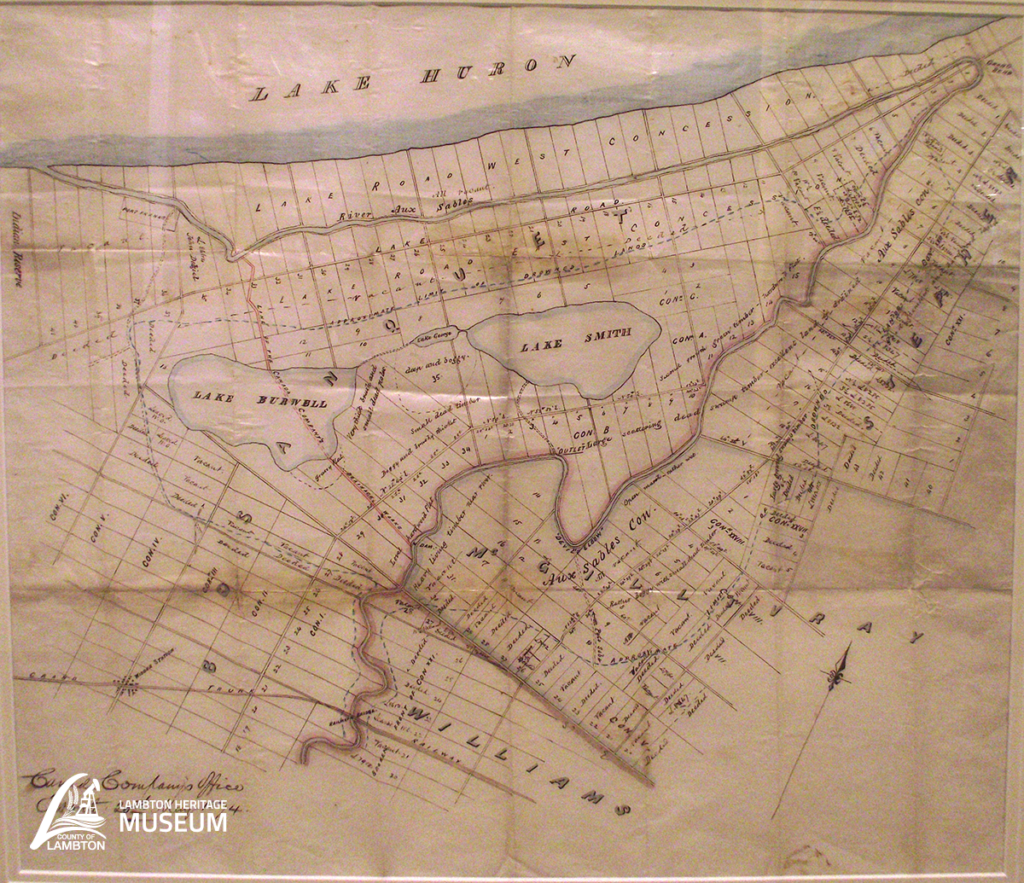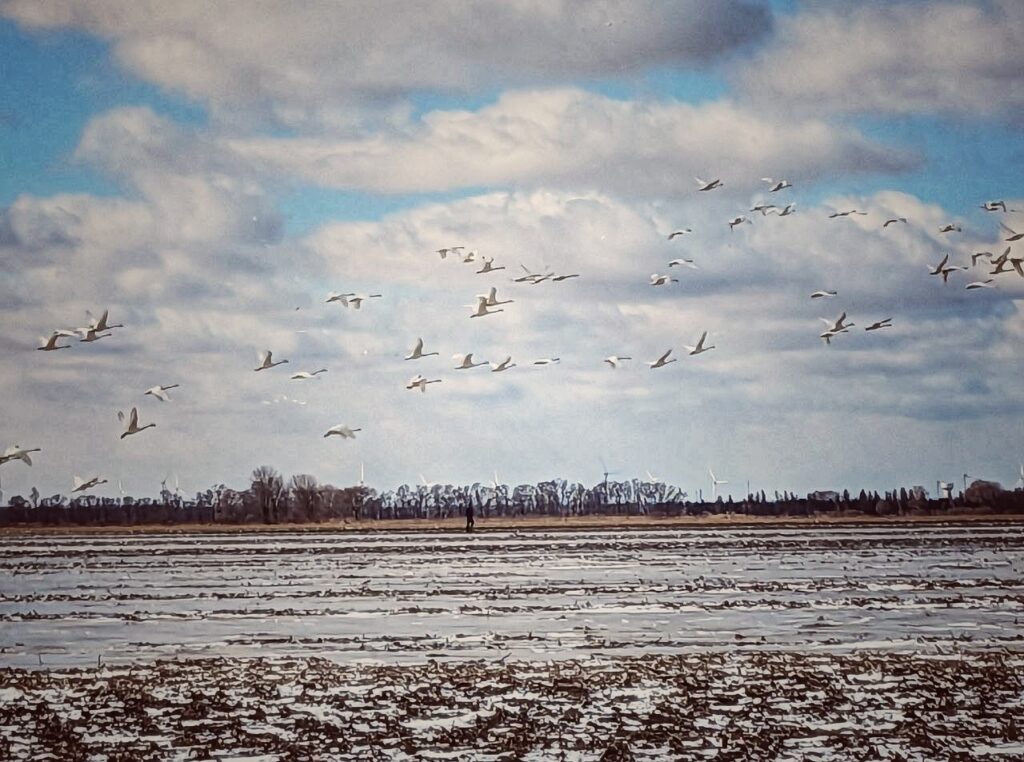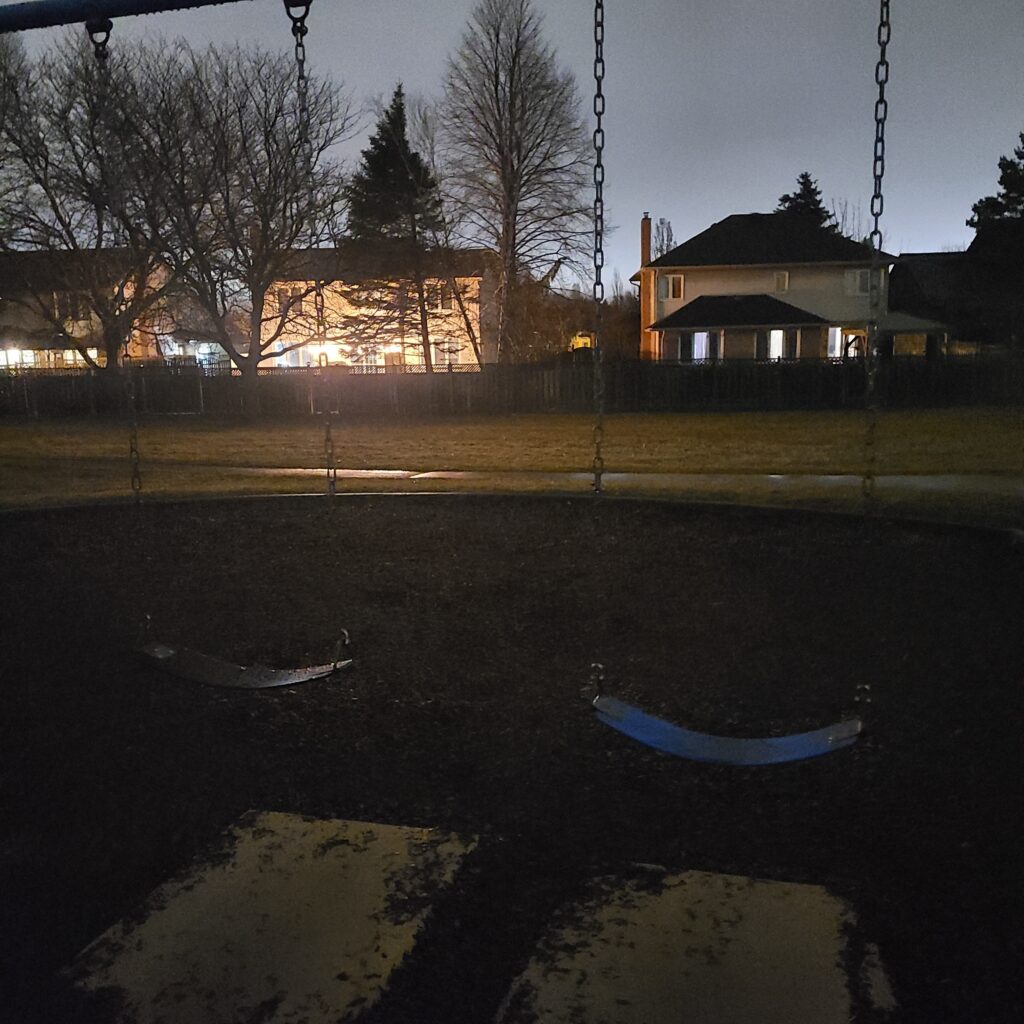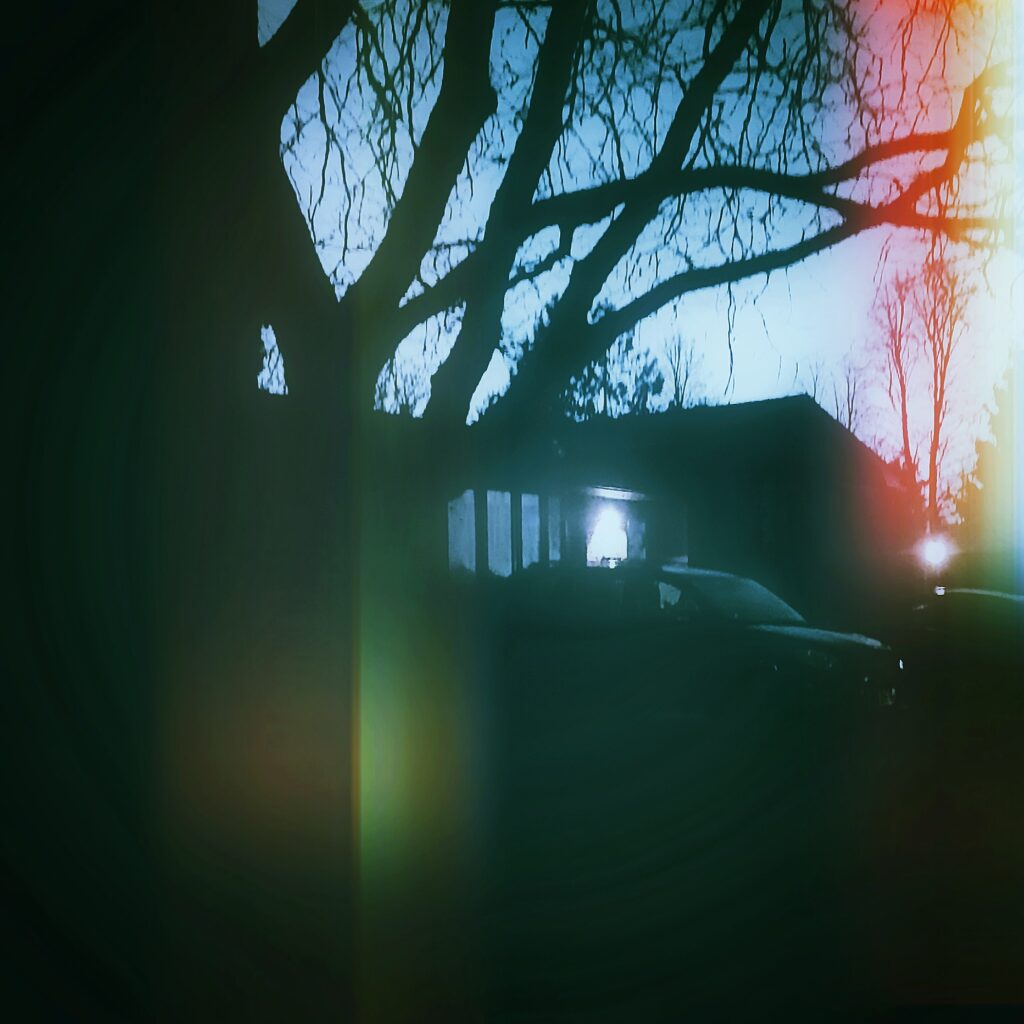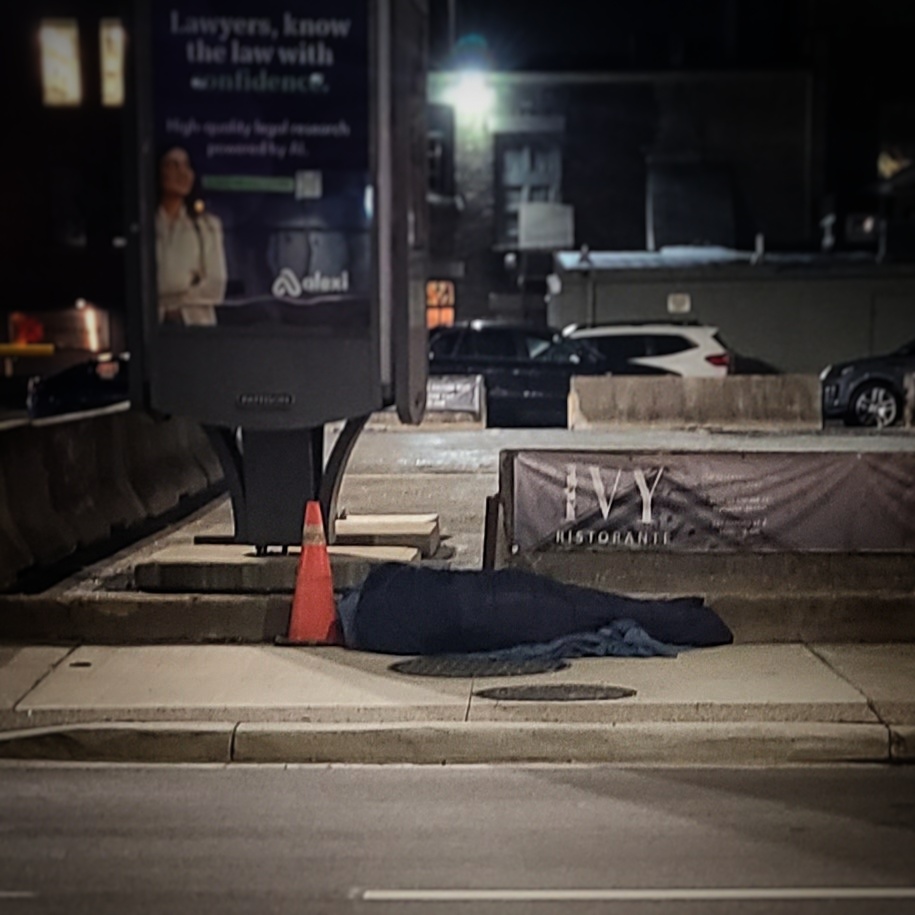AND DID YOU GET WHAT YOU NEEDED FROM THIS LIFE, EVEN SO?[1]
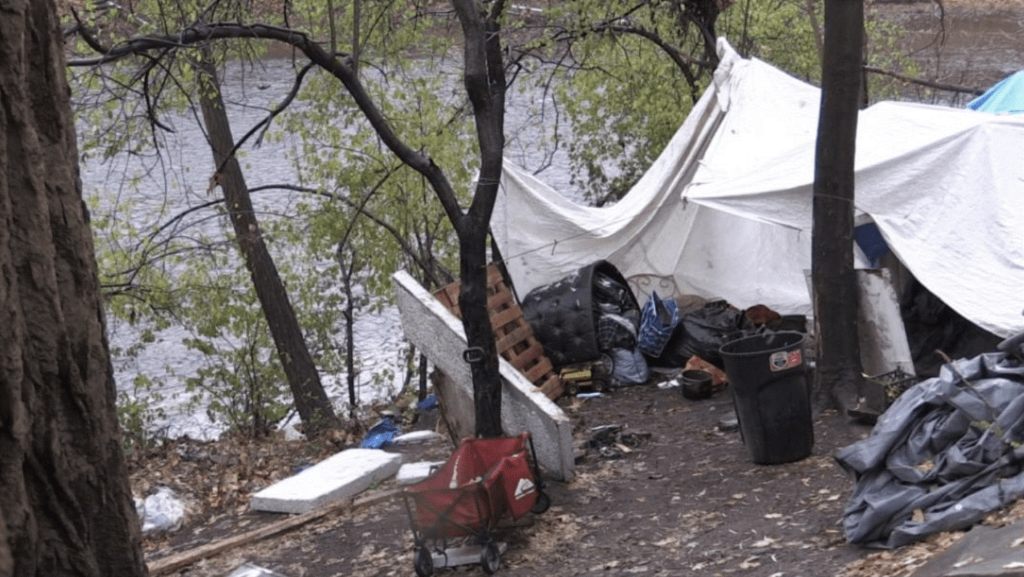
1. Maslow’s Doctrine
Over time, the need to translate complex needs into depoliticized programs that posture as caring while actually further entrenching the core trajectories of the status quo of racial capitalism—the need, in other words, to orient and justify care-work within the language, ideology, and commonsense perspective of a governance model that increasingly revolves around austerity, efficiency, value for money, and return on investment, wherein so-called service providers are compelled to bid on contracts designed by municipal bureaucrats who work largely on behalf of real estate developers and business associations and whose metrics of success are designed accordingly—has led to the formulation of certain core beliefs or models that now function as something like Scriptures within social services.
One such doctrine is Maslow’s hierarchy of needs. After staying with the Siksiká (Blackfoot) Nation in 1938 (more on that in a moment), Maslow developed a five-stage model of human need. At the base are physiological needs, then safety needs, love and belonging, esteem, and at the peak, the need for self-actualization.
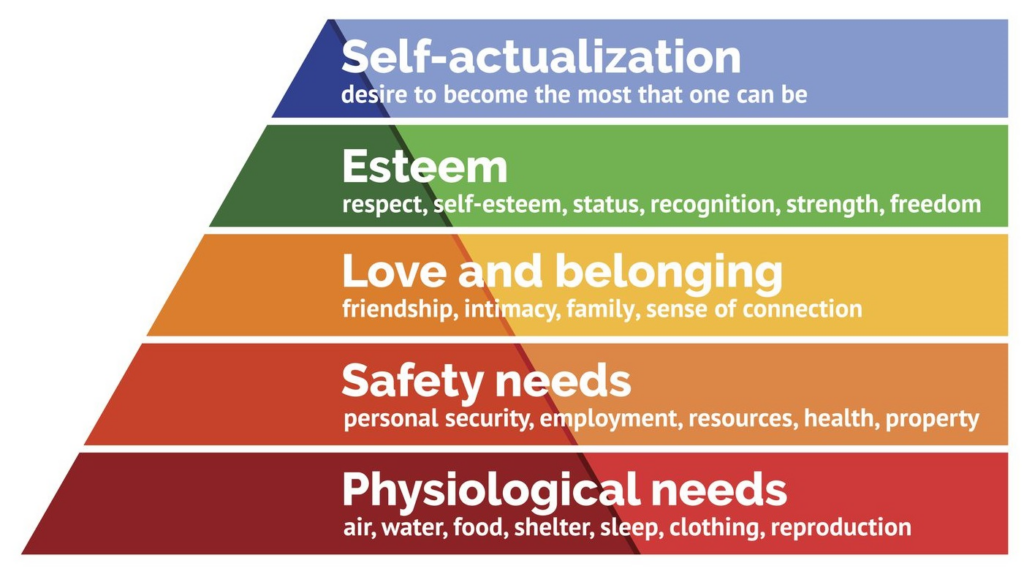
Critically, according to Maslow’s doctrine, lower-tier needs have to be met before higher-tier needs can be adequately addressed. If a person is starving and exposed to the elements, it doesn’t make sense to focus on helping that person “become the most that one can be.” Instead, one should provide them with food, water, shelter, and clothing. A person can’t be their best self if they’re dead, right? Furthermore, and very importantly within Maslow’s doctrine, the individual who is experiencing unmet physiological needs is called to act responsibly by prioritizing basic needs over all others so as, to the best of their abilities, not be a burden on the community.
Interestingly, Maslow observes that of the Siksiká he met in 1938, approximately 80-90% were living at a stage of self-actualization that only 5-10% of Europeans attained (by “self-actualization” Maslow means, “the desire to become more and more what one is, to become everything that one is capable of becoming”). Maslow observes this about the Siksiká despite the fact that John A. MacDonald and the Canadian occupation had already cleared the plains (i.e. deliberately decimated buffalo populations and used mass starvation to drive Indigenous nations away from their own territories and ways of living onto reserves that basically operated as open-air prisons for people who were forcibly impoverished).[2] Furthermore, the Canadian state was already actively removing Siksiká children from many homes and communities (the first “Indian Residential School” for the Siksiká was opened in 1886).[3] White supremacy and racism was rampant in the nearby White communities. Maslow himself observes that the local Whites “were the worst bunch of creeps and bastards I’d ever run across in my life.” In other words, the Siksiká were already going through significant genocide-related traumas, were being targeted by well-armed colonizers intent on their destruction, were being deprived of basic needs, had their safety jeopardized, and were still living (according to Maslow) with 80-90% of their people self-actualizing in ways that 90-95% of Europeans (including Canadians of European descent) were not.
What is going on here? Well, as Cindy Blackstock and other Indigenous scholars and knowledge-keepers have emphasized, Maslow’s doctrine is a mis/appropriation of (part of) the Siksiká worldview. Blackstock provides the following illustration (which she acknowledges is a major simplification of both sides):

What Maslow places at the top of his pyramid is actually the foundation of the Siksiká teepee. This is the case, in part, because unlike the European perspective regarding the individual who must be responsible for himself [sic], the Siksiká believed that the community, as a collective, was responsible for covering everyone’s basic needs.[4] The individual who chose to enter into this life was thus, from birth (or before birth in some Indigenous ontologies), entering into a process of self-actualization. This was then carried forward from birth through the collective sense of kinship that was exhibited in practices of mutual care (community actualization), and the perpetuation of a culture that prioritized the meaningful and active interconnectedness of kin, clans, and nations (from other Indigenous nations to plant and animal nations), to a sense of home that was rooted in a sense of being of the land (rather than being owners of the land—belonging not belongings being what is at stake here). Thus, a person is born into self-actualization and then, rather than maturing into “rugged individualism” or “developing oneself as a competitive unit of human capital in a limited goods economy populated by winners and losers,” one matures into caring for oneself along with others. This is done in the present, with attention to the past (via one’s elders and ancestors) and extends into the future (for the next seven generations).
Significantly, drawing on the work of Terry Cross (Seneca), Blackstock argues for a non-hierarchical interconnectedness of human needs based upon a medicine wheel, rather than a hierarchical structure (be that a pyramid or a teepee).[5]

This is a profoundly different understanding of human need, the inter- and intra-connectedness of being, and how we go about caring well for ourselves and others than that offered by Maslow’s doctrine. Critically, depending on what is happening at any given moment, a different quadrant of the wheel may take priority. Some things are worth starving for. Some things are worth dying for. And some things are not. It all depends on how a people understand their situation, what values they hold, and what they believe is the best way forward. Maslow’s doctrine forecloses this complexity, denies these possibilities and, ultimately, enforces a very Eurocentric conception of personhood, wellbeing, care, responsibility, and individuality, while making that conception appear to be a universal truth or fact.
Continue reading